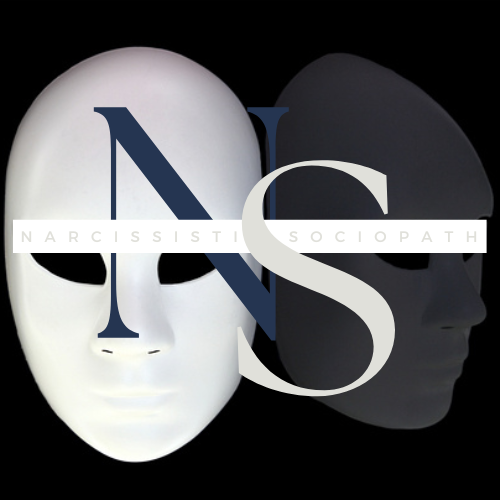Self-Care for Stress & Trauma
Some ideas to help you feel better in the acute stages of narcissistic abuse recovery
This blog is written for female survivors of male perpetrators.
When we made vows to the narcopath, we promised to cherish and honour him. And we did. While he proceeded to do exactly the opposite for us. Undervalued, undermined, plundered, raped, discarded and destroyed by our most loved and trusted other? It's crazy making.
So as we work on the seemingly insurmountable task of letting that story go, it is time, right from the moment of abandonment, to CHERISH AND HONOUR OURSELVES. We have been neglected and abused for a long time. Now, it is time for intensive self-care.
Honour the wounds, and prioritise our healing. Starting with simple practical self-care. And progressing to deep spiritual healing for the moral injury that the psychopath inflicted. Cherish the ideal of complete recovery from victimisation and the goal of a completely fulfilled life. Honour our own ability to recover and find ways to stand on our own two feet again, even though this seems like Mission Impossible in the Aftermath. Cherish our own integrity, honesty, good heart. Honour our right to a self-compassion, self-regeneration, self-sufficiency and healthy mutually satisfying relationships. Our right to choose our friends, go NO CONTACT, put ourselves back together differently, construct a whole new life.
And to cherish and honour the kindness and generosity of the few stragglers from our past, or those who stepped forward to encourage our journey out of the abyss.
NOTE: The following are simple DISTRACTION techniques to be applied alongside a mindful approach to healing. The Mindfulness of ACT or Buddhist Psychology asks us to be present with our bodies, senses and environment, but distraction brings an essential balance to trauma recovery.
CALMING
(FOR SOOTHING, NURTURING, OR TURNING YOUR MIND AWAY FROM UNBEARABLE EMOTIONS AND TOWARDS SOMETHING POSITIVE)
Watch a movie
Take a warm aromatic bath
Listen to uplifting music
Light candles
Turn your phone, Facebook and email off
Mindfulness meditation
Lie on the grass or by the water and absorb the beauty of nature
Imagine embracing yourself as a child and as you are now
Grounding exercises (mindfulness practice)
Write down all the things you’re grateful for
Take a nap in the middle of the day
Sleep in
Listen to positive affirmations, aspirations or guided meditations
Cuddle your children or animals
ACTIVE
(USE THE ENERGY OF ANGER, OR ROUSE YOURSELF FROM FEELING FROZEN & HELPLESS)
A de-clutter session
Pamper your body
Go for a mindful walk, run or swim
Do your best workout session or yoga class
Bounce a tennis ball off a wall with a racquet like a kid
Write letters you will never send or send to yourself
Make food you love to eat
Dance to loud music
Sing songs, hymns, mantras, whatever over and over until the energy changes
Play with your dog
Do something you’ve been meaning to get around to
Buy yourself or pick some flowers and arrange them the way you like
Paint a canvas, make a pot, do something creative you haven’t done for a while
Challenge yourself with something you’ve never done before
Organise your closet
Give some special things to charity (let go)
Tear up old magazines and make a scrapbook of things, ideas, places you like
Write a thank you note to someone
Call an old friend and re-establish contact (go easy on explaining your troubles)
Go to a museum, art gallery, show
Do some gardening, planting, cleaning up your outdoor area
Re-arrange the furniture or redecorate a little bit
Great article on self-soothing techniques for anxiety and PTSD
Grow your understanding of Mindfulness and read nurturing books with these authors on Amazon:
Pema Chodron
http://www.amazon.com/Pema-Chodron/e/B000AP9Y2A/ref=sr_tc_2_0?qid=1463440218&sr=8-2-ent
Jack Kornfield
https://www.amazon.com/Jack-Kornfield/e/B001H6OABQ/ref=sr_tc_2_0?qid=1488590315&sr=1-2-ent
Silvia Boorstein
http://www.amazon.com/Sylvia-Boorstein/e/B000APLAPE/ref=sr_ntt_srch_lnk_1?qid=1463440282&sr=8-1
Norman Fischer
http://www.amazon.com/Norman-Fischer/e/B001HD3KLK/ref=sr_ntt_srch_lnk_1?qid=1463440555&sr=8-1


